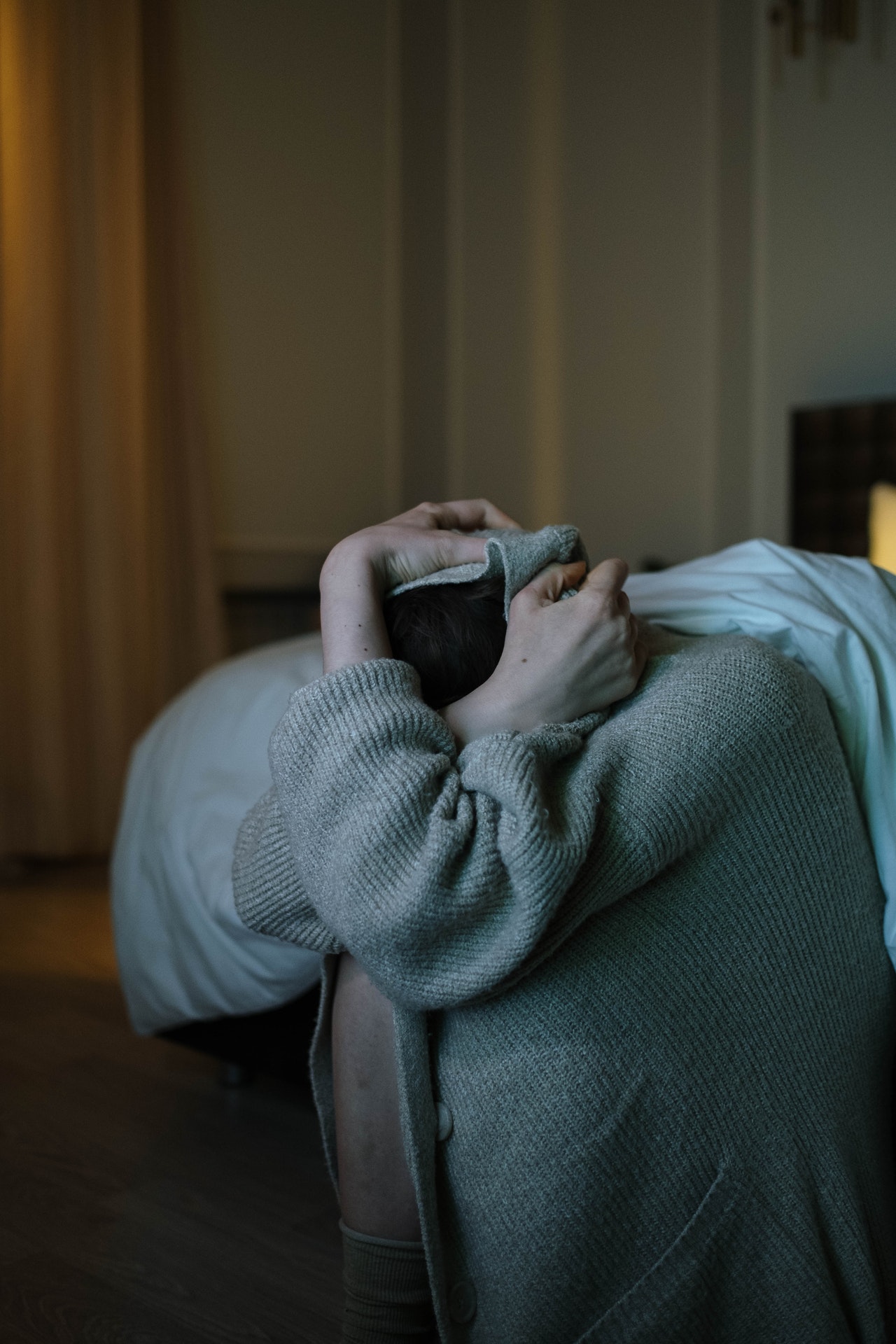How To Overcome Sleep Anxiety
Anxiety disorders are one of the leading causes of sleeplessness and insomnia. Getting too little or no sleep increases irritability, affects mood, and leads to depression. The average healthy person should get at least 6 hours of restful sleep and enjoy all the different stages of sleep uninterrupted. This is the only way to wake up feeling energized and well-rested, ready for the day’s events. Although you might know this already, the human mind is only capable of forging memories while we are asleep, not awake. Treating/managing anxiety can help improve your sleep patterns. In addition to this, getting enough sleep can help improve anxiety symptoms. Here are a few tips and steps from Clarity Clinic to overcome sleep anxiety.
1. Create a regular sleep schedule: Wake up and go to bed at the same time every day (including weekends and holidays).
2. Get enough natural light: Try to get at least 30-minute exposure to natural (sun)light when you wake up.
3. Stay active: Consider morning and afternoon workouts for the best results.
4. Avoid afternoon naps, or nap for only 20 minutes if you have to.
5. Limit your caffeine intake: Anything with caffeine (chocolate, coffee, soft drinks, some medications, and teas) can make the condition worse. Limit or avoid taking such altogether until symptoms have worn off.
6. Review your medications: Some medications may contain stimulants (e.g., caffeine) that may exaggerate anxiety and insomnia. Ask your doctor to change your medication if possible.
7. Avoid alcohol a few hours before bedtime: Taking lots of fluids, alcohol, or having a heavy meal before bedtime can make falling or staying asleep almost impossible. Consider light snacks and no alcohol 3-4 hours before bedtime.
8. Quit smoking: Cigarette smoking is not bad for your health but can lead to sleeplessness and anxiety. Quitting can thus help improve your condition.
9. Create a relaxing sleep environment: Your bedroom can make or break your ability to sleep well at night. Sleep experts recommend creating a cozy, quiet, dark, and cool environment in your bedroom to promote sleep. You also might want to invest in a good, comfortable mattress and avoid using electronic devices in bed.
10. Engage in relaxing activities. This can be anything from reading a book, taking a warm shower/bath, or doing yoga.
If you have been suffering from sleep anxiety, trying all the tips outlined above can help. If you are unable to get sleep within 20 minutes of hitting the blankets, get out of bed and do something else (but relax) until you are sleepy.



This is an interesting article on sleep anxiety. Loved the tips you’ve shared here. For better health visit a dentist in Carrollwood Playa Family Dentistry
Great Blog! Really useful for those who are facing sleep anxiety problems.
I think air quality is also worth mentioning. It is more critical than we used to think. Poor indoor air quality is very bad for health and causes severe headaches and respiratory issues, which can definitely affect your sleep quality.
By the way, dirty filters of HVAC systems (furnaces, air conditioners) are one of the most common causes of poor air quality. Therefore, it’s recommended to replace filters every month. Or, you can update to a carbon filter which lasts much longer.